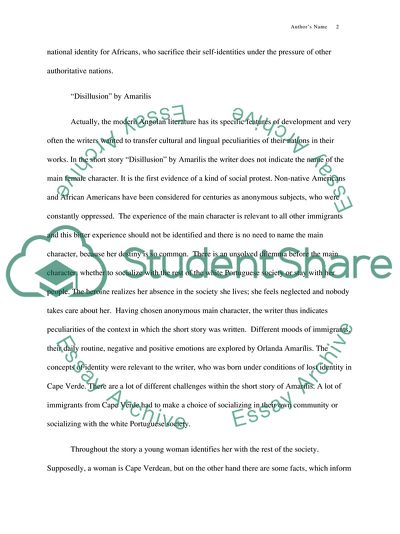Cite this document
(Lusophone African writers,(Orlanda Amarlis, Luandino Vieira) Case Study, n.d.)
Lusophone African writers,(Orlanda Amarlis, Luandino Vieira) Case Study. https://studentshare.org/visual-arts-film-studies/1763451-lusophone-african-writersorlanda-amarlis-luandino-vieira
Lusophone African writers,(Orlanda Amarlis, Luandino Vieira) Case Study. https://studentshare.org/visual-arts-film-studies/1763451-lusophone-african-writersorlanda-amarlis-luandino-vieira
(Lusophone African writers,(Orlanda Amarlis, Luandino Vieira) Case Study)
Lusophone African writers,(Orlanda Amarlis, Luandino Vieira) Case Study. https://studentshare.org/visual-arts-film-studies/1763451-lusophone-african-writersorlanda-amarlis-luandino-vieira.
Lusophone African writers,(Orlanda Amarlis, Luandino Vieira) Case Study. https://studentshare.org/visual-arts-film-studies/1763451-lusophone-african-writersorlanda-amarlis-luandino-vieira.
“Lusophone African writers,(Orlanda Amarlis, Luandino Vieira) Case Study”. https://studentshare.org/visual-arts-film-studies/1763451-lusophone-african-writersorlanda-amarlis-luandino-vieira.


